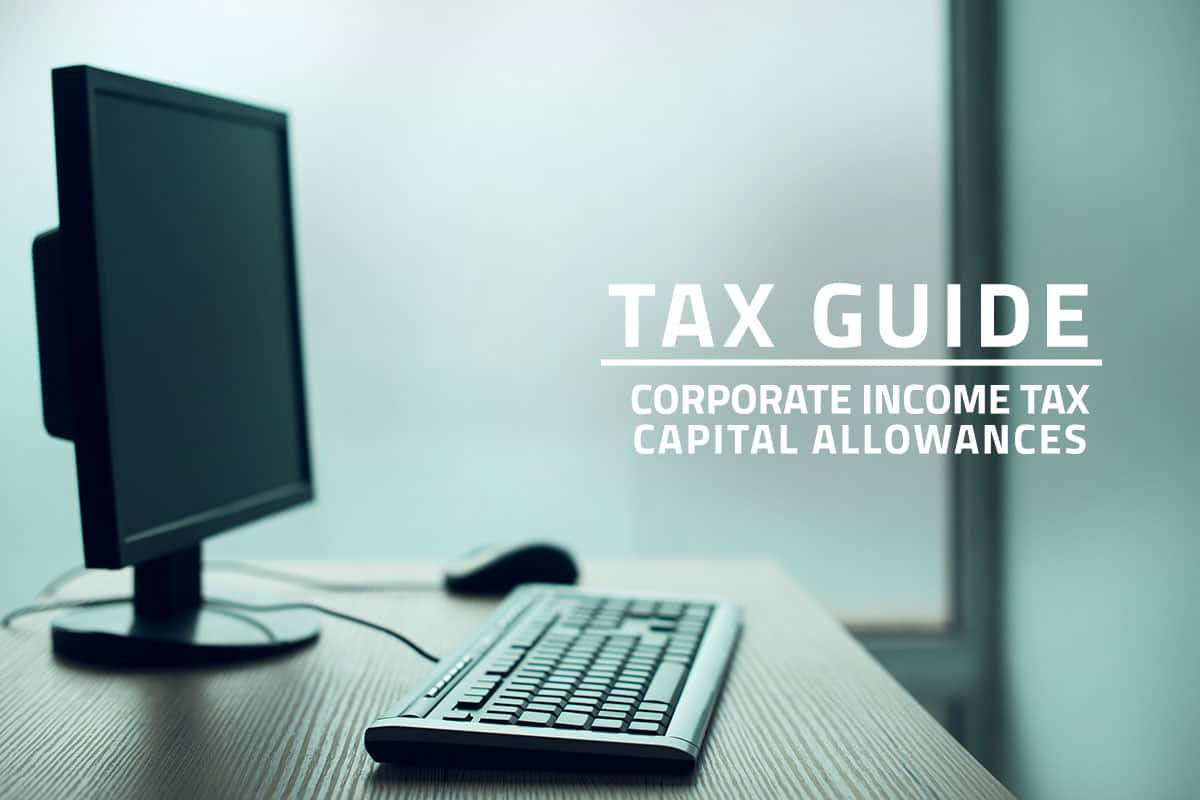A recent survey from the Singapore office of the reputed accounting firm PWC has unveiled that the percentage of companies who trade in the Singapore Exchange that have decided to include Auditing Committee commentaries into their financial statement has increased from 40% to 60% from 2017 to 2018. It seems that companies in Singapore are progressively understanding the value of auditing procedures and how they can help businesses in strengthening the credibility of their financial reports.
On the other hand, the challenge of creating more awareness regarding the importance of auditing procedures lies in the fact that people confuse audits with witch hunts and they tend to feel scared about them as if their sole purpose were to find things that people can be blamed for. In this article, we will outline key definitions for what an audit is and what’s its scope and purpose so we can shed some light on the matter.

What is an Audit?
An audit is a procedure carried out by competent accounting professionals who evaluate the material evidence accumulated by a business during a certain period of time to determine if the financial reports issued by the entity accurately reflect the result of the transactions made by the company.
What is the Purpose of an Audit?
The ultimate goal of an audit is to produce a report with an opinion that states if the findings have led to conclude that the reports accurately reflect a company’s performance and current financial situation or not.
There are 4 types of opinions that an auditor can issue after the auditing process is completed:
- Unqualified Opinion: After conducting the auditing process, the auditor concludes that the information contained in the reports accurately reflects the company’s financial situation and it is free of any significant misrepresentations.
- Qualified Opinion: While the result of the auditing procedure has been favourable and no misrepresentations have been found, the auditor has identified situations where the company hasn’t maintained records in accordance with the General Accepted Accounting Principles (GAAP).
- Adverse Opinion: This is the worst report a company can get from an auditor as it indicates that the financial reports contain significant misrepresentations and that they do not reflect the financial situation of the business.
- Disclaimer of Opinion: In this scenario, the auditor abstains from issuing an opinion on the financial reports issued by the company. The main reasons for this opinion include that the auditor hasn’t been able to access the company’s financial record to properly conduct the audit, or, that the company doesn’t maintain sufficient financial records that provide the required information to validate the reported results.
Internal vs. External Audits
There are two types of audits that can be conducted, depending on the auditor’s relationships with the company. An internal audit is a procedure carried on by a company’s top officer and its team to determine, to the extent of their knowledge and capacity, how accurate the reports issued by the different departments of the business are. These audits often extend to review internal procedures and policies to issue opinions and report the findings to the top management.
An external audit, on the other hand, is made by an independent party that is hired by the company or any of its stakeholders to conduct an auditing procedure to evaluate the accuracy of the financial reports issued by the business to third parties.
Related Posts
Debt Restructuring
Debt Restructuring A business debt restructuring exercise is a financial strategy tp assist companies facing…
Tax Guide: Singapore Capital Allowances
By law, all Singapore Companies are required to file annual income tax returns to the…
Quick Guide: IAS 20 – Accounting for Government Grants
This year, the COVID-19 crisis has adversely impacted the global economy. Singapore is no exemption,…
Singapore Guide: ISCA FRB 6 – Accounting for Jobs Support Scheme
This year, the COVID-19 pandemic has inevitably adversely impacted the global economy. Singapore companies and…











